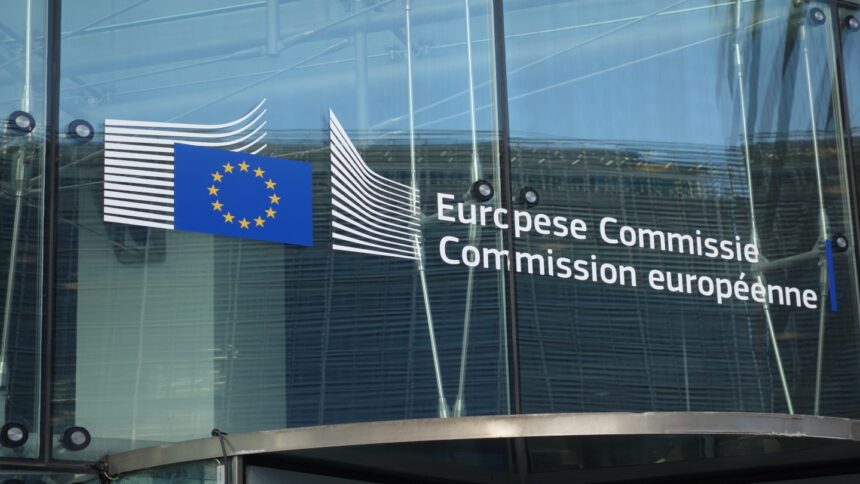France, Germany, and Sweden have jointly called upon the forthcoming European Commission (EU) to prioritize the autonomy of the EU’s battery sector in order to avoid excessive reliance on China during the green transition. The three countries released a paper ahead of the EU ministers’ meeting on EU competitiveness, highlighting the challenges faced by European battery firms, particularly in scaling up operations in a competitive global market.
The proposed actions include streamlining bureaucratic processes, expediting approvals, improving access to funding and markets for emerging companies, and increasing EU investment in the battery industry. Swedish Industry Minister Ebba Busch emphasized the importance of bolstering the European battery sector to ensure its competitiveness in the market and support the green transition.
The situation is exemplified by Northvolt, a leading Swedish company in the EV battery sector, which recently filed for Chapter 11 bankruptcy in the US. Despite being a frontrunner for EV battery leadership in Europe, the Swedish government opted not to bail out the company. Busch suggested that a clear signal from Brussels regarding the future of European battery production could help Northvolt attract new funding opportunities.
China’s dominance in the EV battery sector poses a significant concern for Europe, as the country currently controls 85% of global battery cell production, according to the International Energy Agency (IEA). Busch warned that Europe risks becoming too reliant on Chinese investments, similar to what has occurred in the solar cell and wind power sectors.
With the incoming European Commission set to take office soon, there are plans to outline a strategy within the first 100 days on how the EU can balance economic competitiveness with climate goals. The three countries supporting the proposal are advocating for improved regulations to facilitate new projects and enable companies to scale up effectively.
German State Secretary Berhard Kluttig emphasized the importance of diversifying the EU’s sources of key raw materials beyond China. He highlighted alternative sources such as Australia, Canada, and even Europe, where lithium projects are underway. Kluttig stressed the need to focus on these alternative sources to reduce dependence on China for battery materials.
In conclusion, the push from France, Germany, and Sweden to reduce reliance on China in the battery sector underscores the urgency of strengthening the European battery industry. By implementing supportive regulations, diversifying raw material sources, and enhancing investment strategies, the EU can position itself as a competitive player in the global battery market while advancing its green transition goals.







